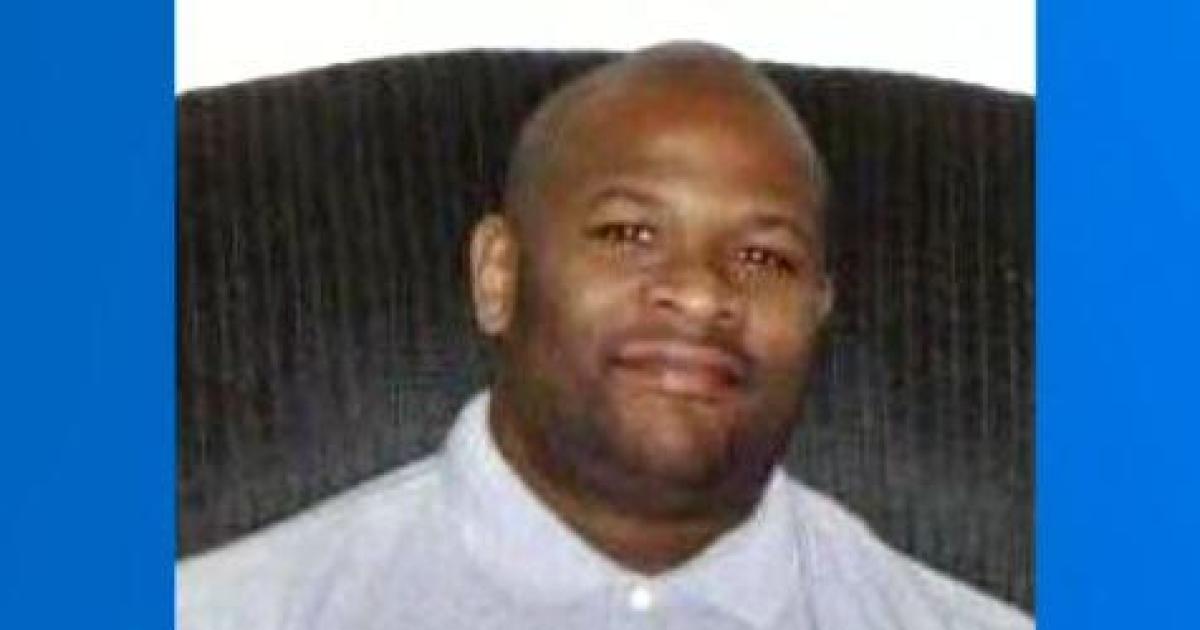Washington Post reporter on how Congress may have fueled America's opioid crisis
WASHINGTON -- A federal whistleblower is asking why Congress passed a bill by unanimous consent, with no objections, to limit the Drug Enforcement Administration's (DEA) power to fight opioid abuse.
A "60 Minutes"-Washington Post investigation found that the bill, which was signed in 2016, may have allowed America's deadly opioid epidemic to worsen.
Former DEA agent Joe Rannazzisi told "60 Minutes" correspondent Bill Whitaker that the law — which deals with drug distributors who ship pain pills from manufacturers to drug stores — makes it harder to stop distributors from sending millions of prescription pills to "bad pharmacies and doctor's offices."
Republican members of Congress Tom Marino of Pennsylvania and Marsha Blackburn of Tennessee promoted the bill as a way to ensure that patients had access to the medication they needed. Neither has yet responded to CBS News' request for comment. Marino is is now President Trump's nominee to be federal drug czar.
The Washington Post's health and medicine reporter Lenny Bernstein, who co-authored his paper's report, spoke with multiple former DEA agents, including 43-year veteran Jim Geldhof, who said the action "was about money, and it's as simple as that."
Bernstein says the argument that made the bill unanimously pass Congress was that "legitimate painkiller users were not getting their drugs in an efficient manner."
"There's nothing in the law that actually changes that at all," Bernstein said during a conversation on "CBS This Morning." "The evidence for that was actually sort of anecdotal. Whereas the evidence for the fact that these pills were ending up in the hands of dealers and users was quite substantial."
Asked whether he feels as though these drug distributors are complicit in the opioid crisis, Bernstein responded, "Well, they certainly have been caught numerous times over, and over and over again, not reporting suspicious orders of these opioid pain pills from doctors and pharmacies."
"That is the law," he continued. "They must report those things. They must report them to the DEA."
The DEA says it will keep fighting the opioid crisis and will "use all the tools at our disposal to combat this epidemic."
"Only a minute fraction of the more than 1.7 million individuals with DEA registrations are involved with this type of activity," the agency said in a written statement in response to the joint investigation. "We work every day to identify the sources of the diverted prescription drugs in our communities. During the past seven years, we have removed approximately 900 registrations annually, preventing reckless doctors and rogue businesses from making an already troubling problem worse. Increasingly, more and more individuals are facing criminal charges. During the same time frame, our investigators initiated more than 10,000 cases and averaged more than 2,000 arrests per year."
The Healthcare Distribution Alliance, which represents the distribution industry, said the report presented "a misleading picture." The agency says its distributors are "strongly committed to finding systemic solutions to the challenges that contributed to the opioid epidemic."
Bernstein says he's since heard from drug distributors who have made "several arguments that are true" but are mostly "irrelevant to our reporting."
The distributors may not have reported the suspicious orders because of a financial need and/or a difficulty to track the orders, according to Bernstein. But if the "pills spill out onto the street by the hundreds of millions, it's their responsibility," he said.
The joint investigation revealed that a single pharmacy in West Virginia and two pharmacies in Sanford, Florida, put millions of pills on the streets.
"The impact that one single pharmacy can have is enormous," Bernstein said. "The underground network gets to know where these pharmacies are, and people come from far and wide and they get those pills. If you have a rogue doctor or a rogue pharmacist, the impact is enormous."
Health officials say the number of opioid-related deaths quadrupled between 1999 and 2015 — evidence of a troubling epidemic. The CDC reports 188,000 people have died from opioid overdoses during this time frame.



